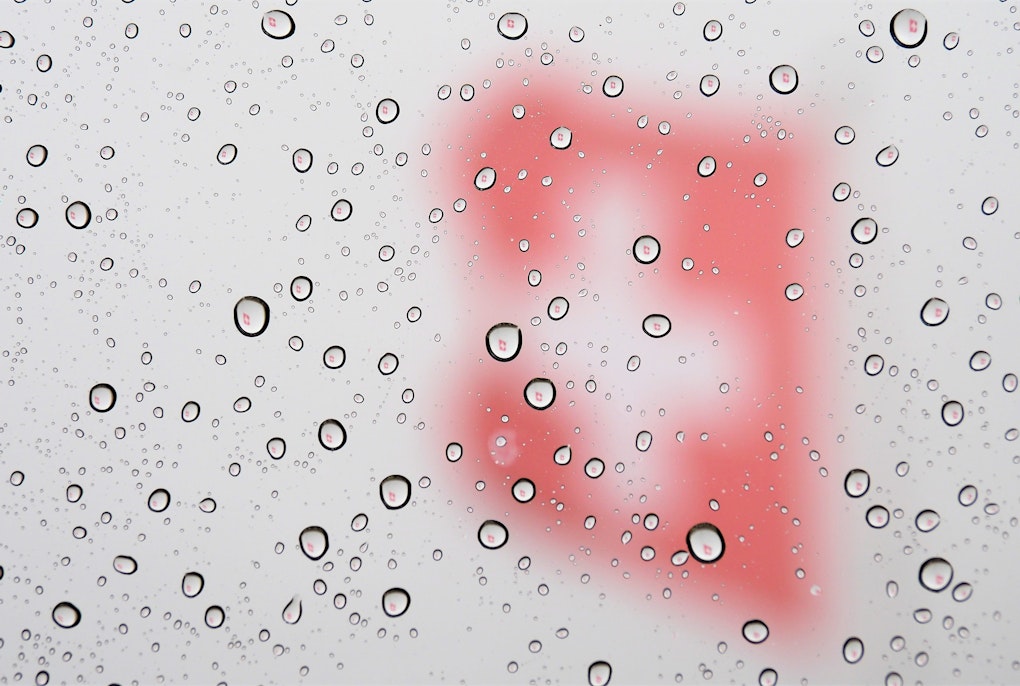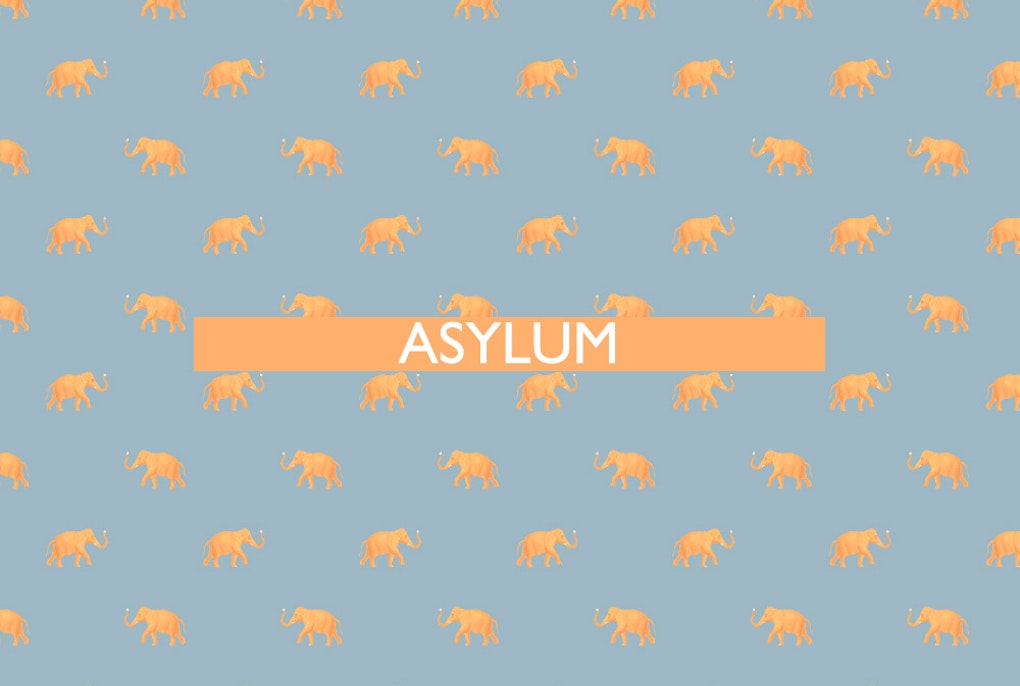
The EU and Swiss (dis)agreement: Is a Swixit in sight?
 Alessia Setti
Alessia Setti
Top European Court says that not labelling products originating from Israeli settlements could mislead consumers about Israel being a “sovereign entity” in the Palestinian territories.
On 12 November 2019, the European Court of Justice (ECJ) ruled that products originating from Israeli settlements must be labelled as such, considering that the omission of this indication is likely to mislead consumers.
“Foodstuffs originating in territories occupied by the State of Israel must bear the indication of their territory of origin, accompanied, where those foodstuffs come from a locality or a group of localities constituting an Israeli settlement within that territory, by the indication of that provenance,” stated the Grand Chamber of the Court.
The ECJ’s judgement raises two intertwined implications: on the one hand, it reawakens the issue of the legal status of the so-called “disputed” territories, i.e. the Israeli settlements; on the other, it reveals what could be an innovative decision, which is likely to change the previous state of affairs within trade policy terms between the EU and Israel.
Israel occupied the West Bank along with East Jerusalem and the Golan Heights at the end of the Six Day War of 1967 and soon after, began its colonisation policy over these territories.
The EU has consistently endorsed the international community’s stance, which opposes the Israeli settlement project; as a matter of fact, the ECJ has reiterated its stance against Israeli expansion, underlying that settlements “give concrete expression to a policy of population transfer conducted by that State outside its territory, in violation of the rules of general international humanitarian law.”
Last November’s ruling has completely overturned the outcome of a trade dispute between the EU and the State of Israel, the core issue of which, was that of the legal status of the settlements according to the commercial relations between the parties. Officially, the controversy started in 1998 when the EU claimed that Israel had exported products originating from occupied territories into the EU market without stating their genuine origin as being from the settlements, rather indicating Israel as the site of production instead; thereby, enabling Israel to benefit from the absence of trade restrictions and consequently from the preferential access for such, so to say “stolen” goods – they originated from territories over which Israel’s exercise of sovereignty was and is still not recognised by international law. At that time, Israel opposed the EU communication, stating it was a mode of imposing sanctions on the country itself; consequently, the parties met several times in order to reach a solution which, despite the good intentions, was not achieved. The direct consequence of this constant disagreement was the issuing of an EU Notice to importers stating that from that moment on, goods from Israeli settlements were not to be considered as eligible for profiting from privileged access status into the EU market.
The dispute was eventually resolved in 2005 by means of the so-called “Technical Arrangement”: Israel was required to specify “the postal code and the name of the city village or industrial zone” of production. Although these imposed labelling rules could seem to have been a fairly good compromise, already, shortly after their implementation they have proven to be quite ineffective: not only has Israel continued to export goods made with “stolen” natural resources from “stolen” territories, but also continued to label these products “Made in Israel” followed by the name of an Israeli settlement with postal code, in consequence misleading the European consumers. Presumably, when doing their shopping, these consumers are not inclined to check the production site, i.e. the second piece of information on the label; therefore, this lack of pertinent information deceives EU consumers, who may in fact support the international community´s stance regarding Israeli colonisation policy and as such would choose not to buy occupied settlement´s products.
Accordingly, the Luxembourg-based court ruled that when products come from an Israeli settlement, their label must provide an “indication of that provenance”, in order to allow consumers to make “informed choices” when they shop.
“Consumers cannot be expected to guess”: the EU requires any foodstuffs made in the settlements to be easily identifiable as such, to the end consumer. It is specifically this statement that can be considered as the turning point in trade relations between the EU and Israel. With the indication to be used from now on, stating: “product originating in the (i.e.) Golan Heights (Israeli Settlements)”, the EU has not merely overcome the labelling rules established by the Technical Arrangement, but it has also assured consumer protection in relation to food information on one side, and the observance of international law on the other.
From a more sceptical point of view, consumer protection could be seen as a “formal pretext” the ECJ has used in order to validate its decision. However, what remains is that this November’s ruling affirms an important principle of law, which is likely to have an impact on the relations between Israel and the EU.
 |
Martina Dal Dosso holds a Bachelor’s degree in Languages and Cultures for the Management of Tourism and International Trade from the University of Verona. During the studying period, she lived both in Berlin and in Brussels because of Erasmus and these experiences allowed her to know several non-European students and interns and starting to discover different reality from her “European bubble”. This was the reason why she gradually acquired an interest to Middle East with a particular focus on the relationships between Middle Eastern countries and European ones, which gave rise to her final work entitled: The Trade Policy Terms between the EU and Israel: a critical assessment with regard to the dispute over the treatment of products from the Occupied Palestinian Territories. |
This content is licensed under a Creative Commons Attribution 4.0 International license.

 Alessia Setti
Alessia Setti
 Gabriel N. Toggenburg
Gabriel N. Toggenburg
 Elena Glockzin
Elena Glockzin